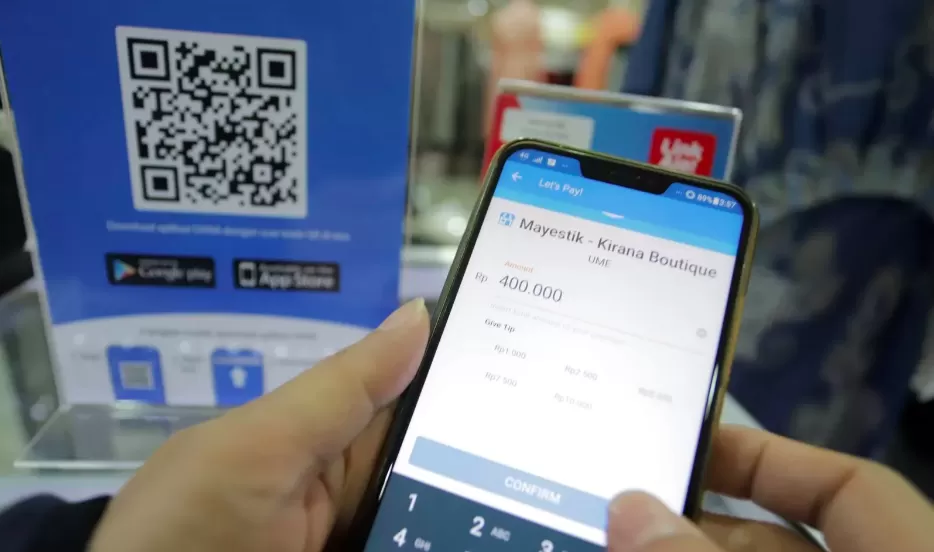Indonesia is set to increase its Value Added Tax (VAT) rate from 11% to 12%, effective January 1, 2025, under the Harmonization of Tax Regulations Law (UU HPP). This move raises concerns about the potential rise in costs for electronic transactions and e-wallet services.
According to the Ministry of Finance, VAT is an indirect tax paid by consumers but collected by service providers. For financial technology services, VAT is applied to transaction fees charged by providers.
Neilmaldrin Noor, Director of Public Counseling, Service, and Public Relations at the Directorate General of Taxes, explained earlier this year how this works: “For example, a top-up of Rp10 million may incur a service fee of Rp500 or Rp1,500, depending on the provider. The 11% VAT is only applied to that fee, amounting to Rp55.”
With the upcoming 12% VAT, service fees will slightly increase. For instance, if a transaction fee is Rp5,000, the new VAT would add Rp600 instead of Rp550. Similarly, a bill payment with a service fee of Rp3,000 will see VAT rise from Rp330 to Rp360.
In addition to top-ups, VAT is also charged on services such as e-money registration, fund transfers, cash withdrawals, and payment processing, as outlined in Regulation No. 69/2022 from the Ministry of Finance.
While higher costs may impact digital transactions, the government has clarified that essential goods and services will remain VAT-exempt. Coordinating Minister for Economic Affairs Airlangga Hartarto stated that the 12% rate will apply to premium categories, such as:
- High-quality rice and fruits
- Premium seafood like salmon and king crab
- Luxury education and medical services
- Household electricity for customers with 3,500–6,600 VA.
Consumers using digital payment systems should anticipate slight increases in service costs, as VAT adjustments align with Indonesia’s broader fiscal strategy.
CNNINDONESIA
Read More






 Tuesday, 03-03-26
Tuesday, 03-03-26







